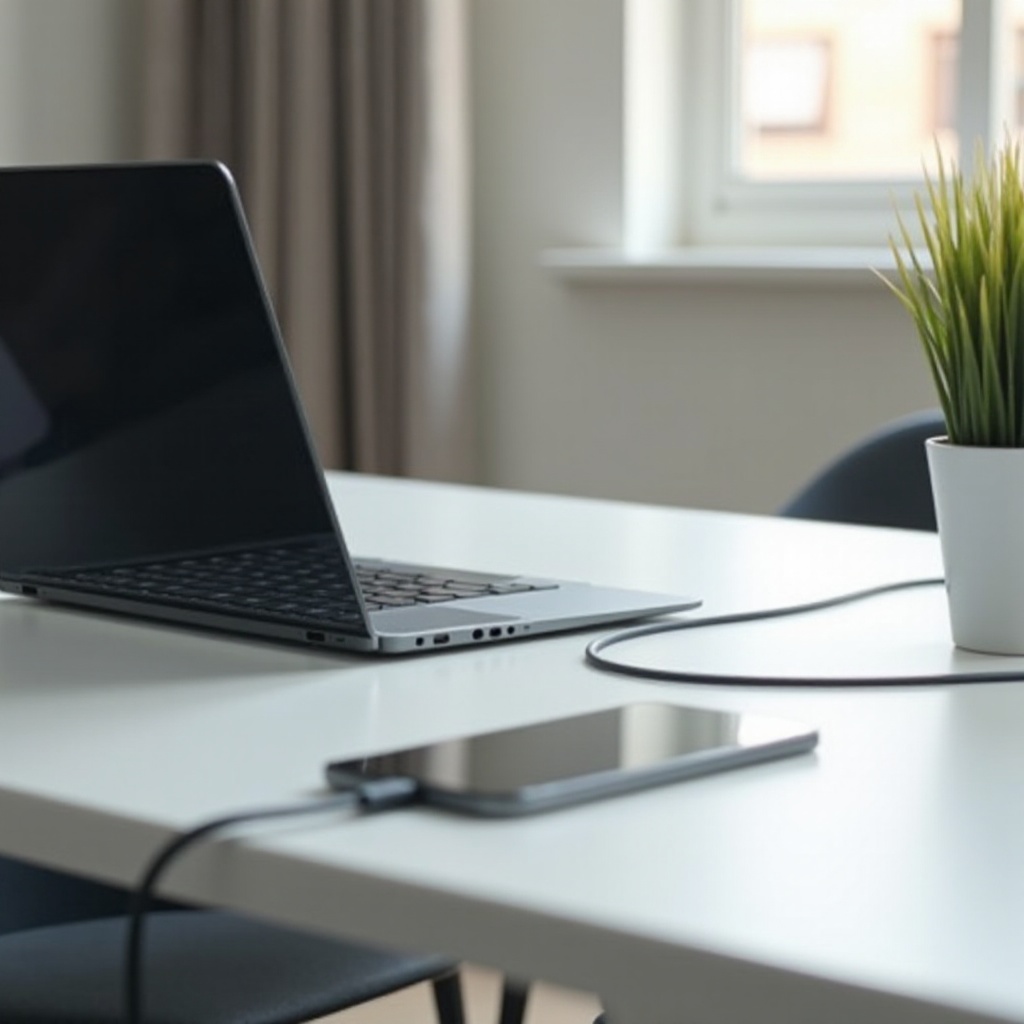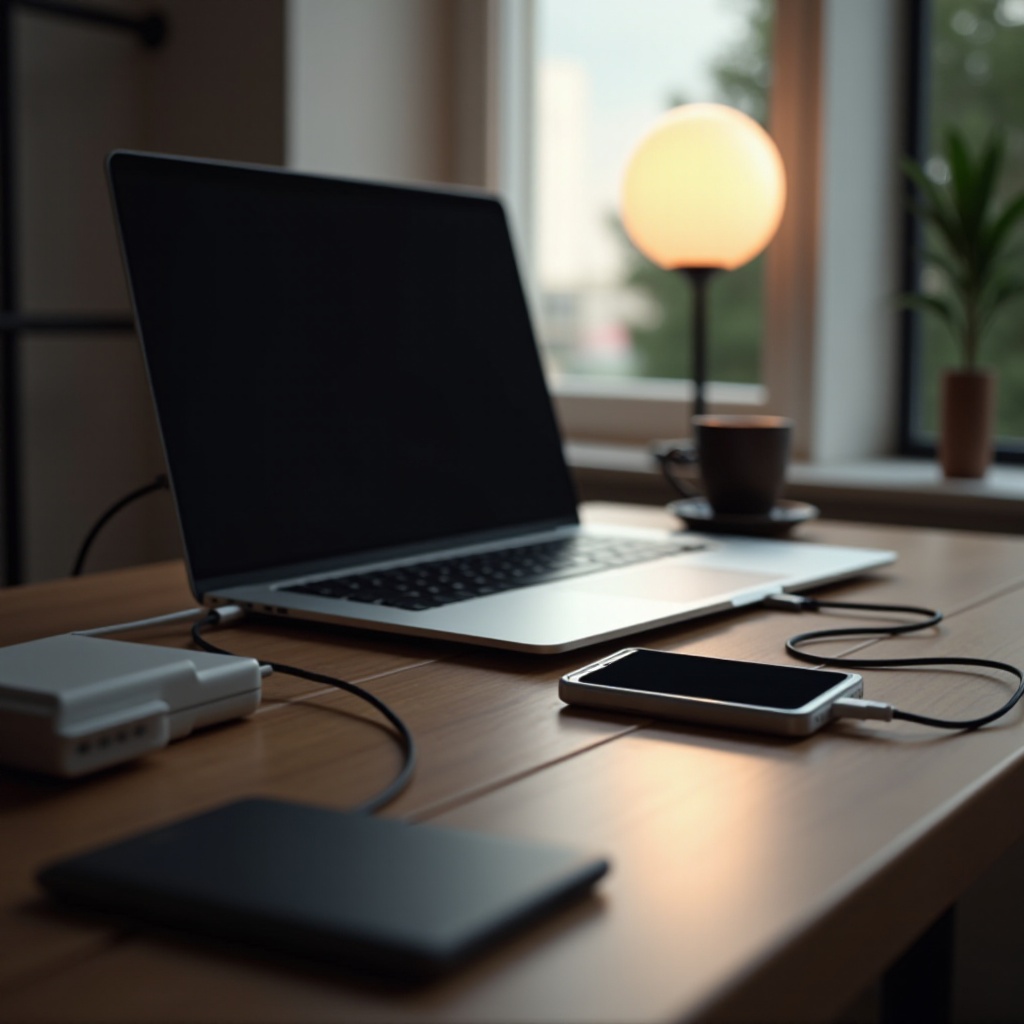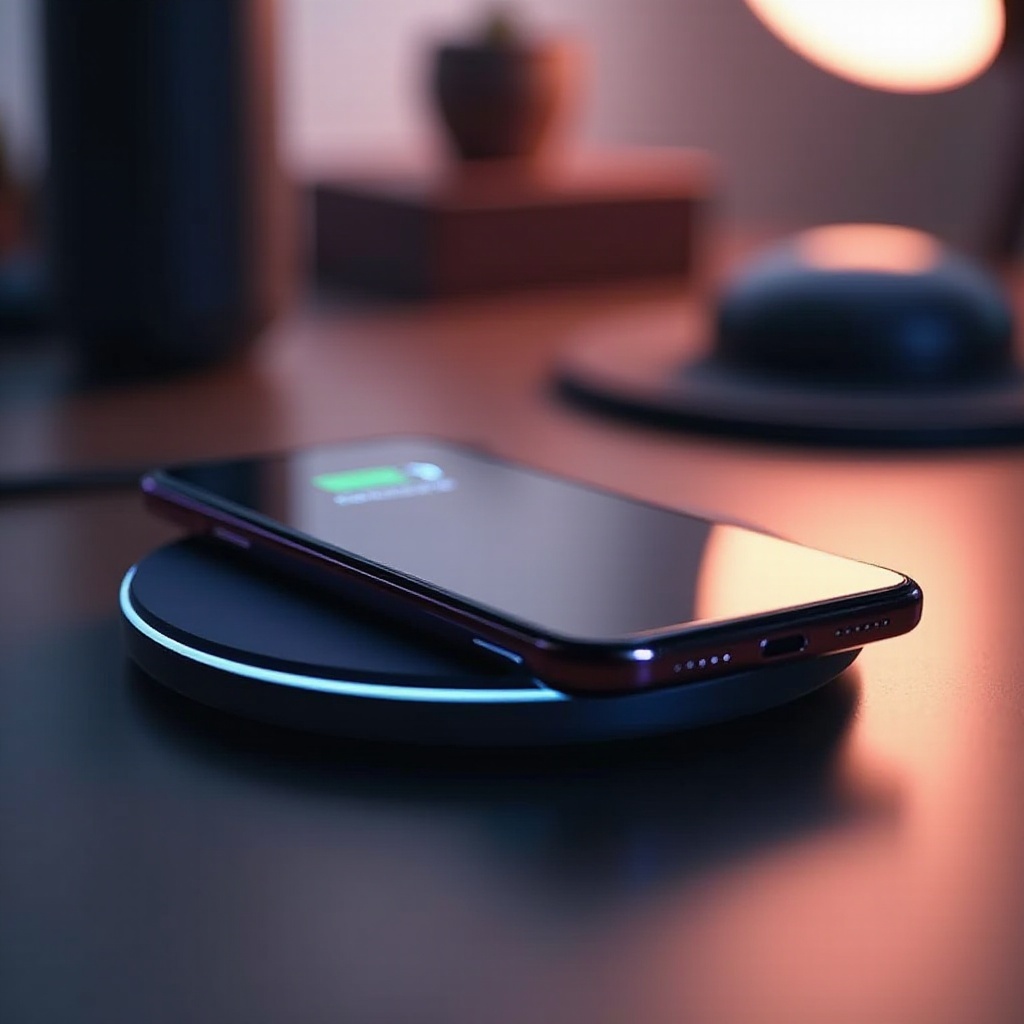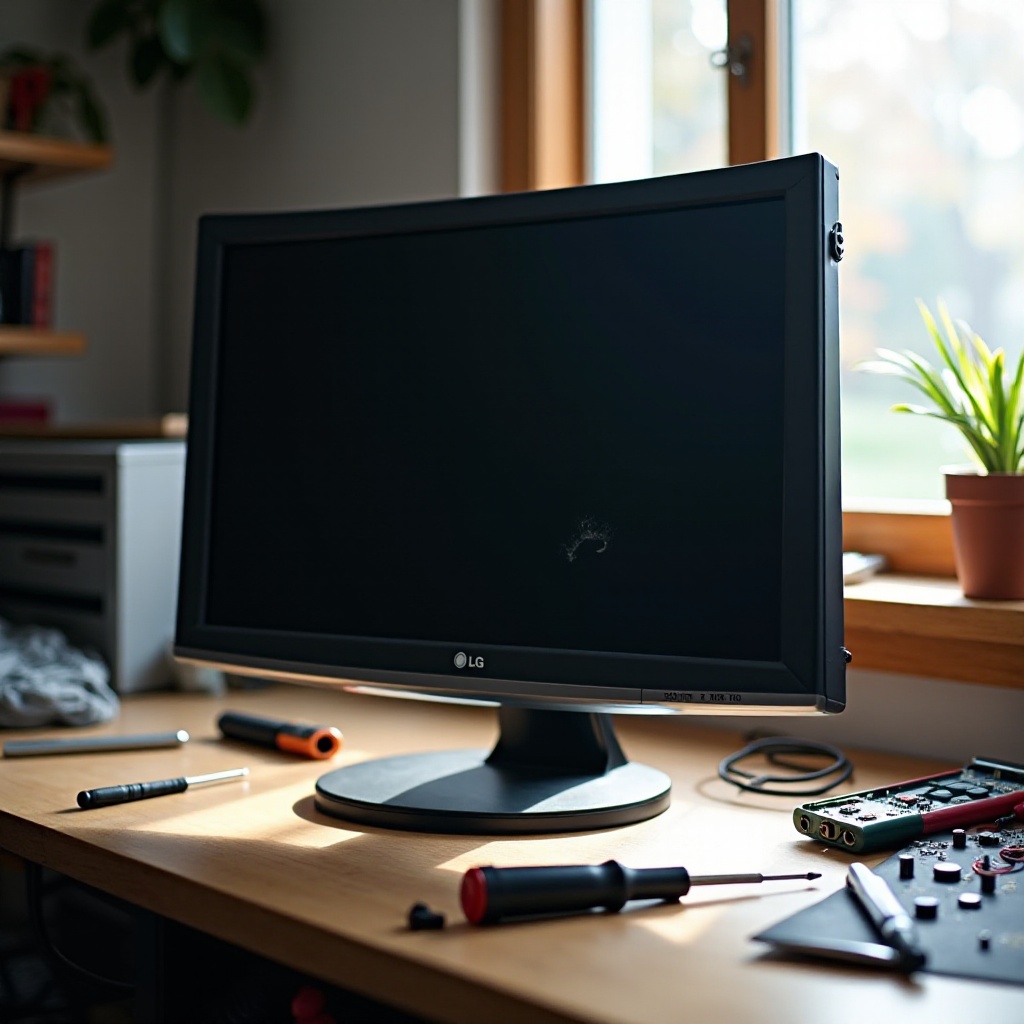Introduction
With the increasing number of interconnected devices, from smartphones to laptops, having compatible charging solutions is a common need. A frequent question that arises is whether a phone charger can be used to charge a laptop. Given the prevalence of USB ports in today’s devices, this is a valid curiosity. To answer it, we must explore the technology behind charging, assess the practicability of using a phone charger for a laptop, and identify the associated risks. In this guide, we’ll dive into these aspects to understand the feasibility of charging your laptop using a phone charger and what safety measures to adopt.

Understanding Charging Technologies
Charging technologies have evolved significantly, impacting device compatibility. Many modern gadgets now adopt USB-C technology due to its versatility in connectivity and data transfer capabilities. However, charging efficiency largely depends on the Power Delivery (PD) specification, which regulates power levels to enable faster charging. Not every USB-C cable or charger offers PD support, and using a non-PD device may result in slower charging times.
Proprietary technologies, such as Apple’s MagSafe or Qualcomm’s Quick Charge, also play a role in enhancing device charging efficiency. When considering charging a laptop with a phone charger, it’s crucial to check if the laptop supports such technologies. While USB-C has become the industry standard, it’s important to understand the nuances that may affect charging efficiency across different devices.

The Possibility of Charging a Computer with a Phone Charger
The ubiquitous USB-C has opened the door to potential cross-device charging, including using phone chargers for laptops. However, checking for USB-C charging support on the laptop is essential. Many ultra-portable laptops have embraced USB-C for charging, allowing for some level of compatibility.
Nevertheless, the crux is in the power requirements. Typically, laptops need significantly more power than smartphones. Phone chargers usually output 5W-18W, whereas laptops can require anywhere from 30W-65W or more. This power gap means that a phone charger might result in extremely slow charging or battery drain during use. While a phone charger might suffice in emergencies to prevent a laptop from completely depleting, it is not a sustainable or long-term charging method for daily reliance.
Factors Influencing Compatibility
Several key factors dictate the compatibility of charging a laptop with a phone charger. Understanding these can prevent potential damage and ensure efficient charging.
USB-C Standard and Power Delivery
The USB-C standard is pivotal for compatibility, offering high power transfer capabilities across devices. However, having a USB-C port does not necessarily mean optimal laptop charging capabilities. Ensuring that the phone charger supports Power Delivery (PD) is important, as PD-enabled chargers can negotiate power requirements with laptops, thus optimizing the charging process.
The quality of the charging cable is equally important. Cables not adept at handling higher power may throttle charging speeds or overheat. Always use certified cables to maintain a balance of safety and efficiency.
Risks of Using a Phone Charger for Your Laptop
Risks abound when using an underpowered phone charger for a laptop. A fundamental risk is inefficient power delivery, potentially causing inadequate device performance and eventual battery degradation. Laptops inherently designed to operate at higher power may struggle with slower speeds or might not even turn on with insufficient power.
Overheating is another concern, as phone chargers aren’t built for sustained high power outputs required by laptops. This can increase temperatures, potentially harming both the charger and the laptop’s battery, reducing their lifespan.
Furthermore, using incompatible chargers may void warranties, leading to a lack of coverage if laptop damage occurs due to improper charging methods.

Safe Practices and Tips for Multi-Device Charging
For frequent multi-device users, especially travelers, adopting safe charging habits is crucial:
-
Invest in a High-Quality Multi-Port Charger: Opt for chargers that offer multiple ports and substantial wattage to safely and efficiently charge various devices.
-
Use Certified Cables: Ensure that the cables you use are certified by reliable safety standards to avoid overheating and underperformance.
-
Regularly Check Device Specifications: Verify that your device can handle the charger’s power output level prior to use.
-
Consider a Portable Power Bank: High-capacity power banks are ideal for laptops, offering safe and sufficient energy on the move.
Conclusion
While charging a laptop with a phone charger is theoretically possible, it presents numerous challenges and risks. In specific instances and equipped with right technology and vigilance, it can serve as a temporary stopgap. However, nuanced attention to compatibility, power delivery standards, and safe charging practices is paramount for sustained device functionality and longevity.
Frequently Asked Questions
Can using a phone charger damage my laptop?
Yes, utilizing a lower power charger may lead to slow charging, overheating, and potential battery damage over time.
What are the best alternatives for laptop charging on the go?
Invest in high-powered portable chargers or power banks designed for laptops. Additionally, multi-port chargers with ample wattage and travel adapters are great for mobile use.
How to determine if my phone charger is compatible with my laptop?
Check the charger’s specifications for USB-C and Power Delivery support. Ensure the output wattage aligns with or surpasses your laptop’s requirements to avoid inefficiencies and associated risks.


